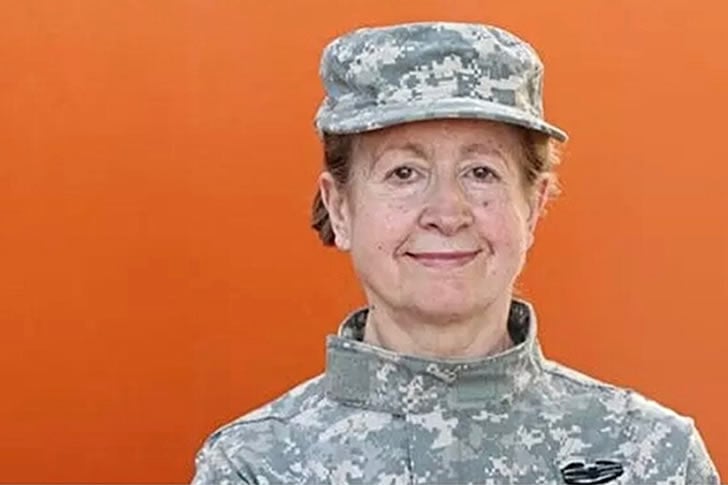Transitioning from military life to civilian careers can be challenging for seniors. This guide provides essential tips and advice to navigate this significant change successfully.

Evaluate the skills and experiences you've acquired during your military service. Identify transferable skills such as leadership, teamwork, problem-solving, and discipline. Make a comprehensive list of your qualifications, including any formal education and specialized training received.
One common challenge is translating military roles into civilian job terminology. Use resources like Military Skills Translators or career transition programs offered by veteran organizations to articulate your military experience in a way that civilian employers can easily understand.
Investigate various industries and careers where your skills can be very impactful. Health care, information technology, logistics, and management positions often value the experience and discipline that former military personnel bring.
Leverage your existing network within the military community, as well as veteran networks. Attend job fairs, join relevant social media groups, and build relationships with professionals in your fields of interest. Networking can open doors to job opportunities and provide valuable insights.
Your resume should be clear, concise, and tailored to each job you apply for. Highlight your transferable skills, leadership roles, and specific accomplishments. Use action words and quantify your achievements when possible (e.g., supervised a team of 15, managed operations with a budget of $3 million).
Your cover letter is your chance to further explain how your military background and skills align with the position you are applying for. Tailor each cover letter to the job, connecting your experience directly to the job requirements.
Utilize job boards and organizations dedicated to helping veterans find employment. Websites such as Hire Veterans, Military.com, and RecruitMilitary offer job listings and resources tailored to former service members.
Depending on the career you’re interested in, additional education or certification may be beneficial. Many colleges and universities offer programs specifically for veterans, and the GI Bill can help cover the costs.
Practice common interview questions and prepare to discuss how your military experience has equipped you for the civilian workforce. Be ready to provide examples of your leadership, problem-solving, and teamwork skills.
Confidence can go a long way in interviews. Practice speaking about your experience and skills with friends, family, or career coaches. Remember to emphasize your adaptability and readiness to transition.
Many organizations provide transition assistance programs (TAPs) specifically designed for military seniors. These programs offer workshops, counseling, and job placement services to prepare for civilian careers.
Seek out mentorship opportunities through veteran organizations or professional associations in your desired industry. A mentor can provide guidance, advice, and support as you navigate your career transition.
Transitioning to civilian life involves adjusting to new routines and potentially relocating. Engage with your local community, join clubs, and build a support network to help with the transition.
Your health should remain a priority during this transition. Utilize VA health services, participate in hobbies and activities that you enjoy, and seek help if you feel overwhelmed.
Develop a clear financial plan to manage your new income and expenses. Consider meeting with a financial advisor who understands the unique challenges faced by veterans.
Maximize the benefits available to you, including housing loans, educational benefits, and health care services provided by the VA. These can significantly aid your transition and good stability.
After interviews, ask for feedback to improve your performance for future opportunities. Constructive feedback can provide valuable insights and help you adjust your job search strategy.
Commit to ongoing professional development. This could include taking courses, attending workshops, or gaining new certifications to stay competitive in your chosen field.
Transitioning to civilian life offers military seniors an opportunity to leverage their unique skills in new ways. By understanding your strengths, preparing thoroughly, and utilizing available resources, you can navigate this change and build a successful civilian career.
Embark on this next chapter with confidence, and remember that the discipline, leadership, and perseverance developed during your military service are invaluable assets in the civilian workforce.
Explore the Tranquil Bliss of Idyllic Rural Retreats

Ultimate Countdown: The 20 Very Legendary Gaming Consoles Ever!

Understanding Halpin and its Influence

Affordable Full Mouth Dental Implants Near You

Discovering Springdale Estates

Illinois Dentatrust: Comprehensive Overview

Embark on Effortless Adventures: Unveiling the Top in Adventures Made Easy Outdoor Equipment

Unveiling Ossur Valves: Innovation in Prosthetics

Unlock the Full Potential of Your RAM 1500: Master the Art of Efficient Towing!
